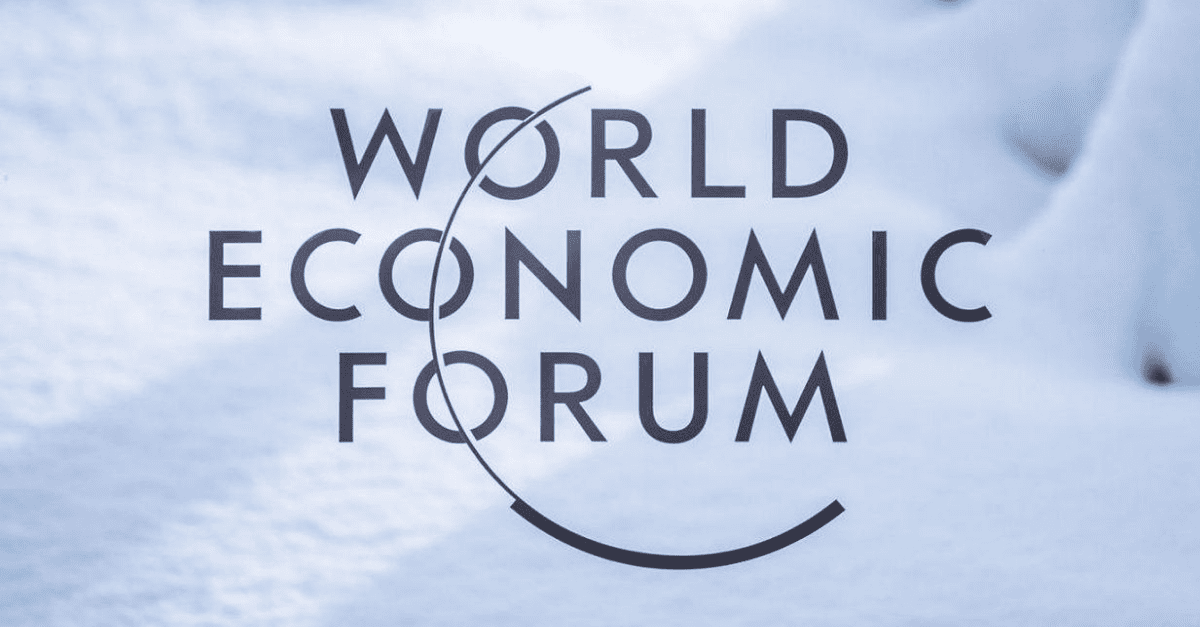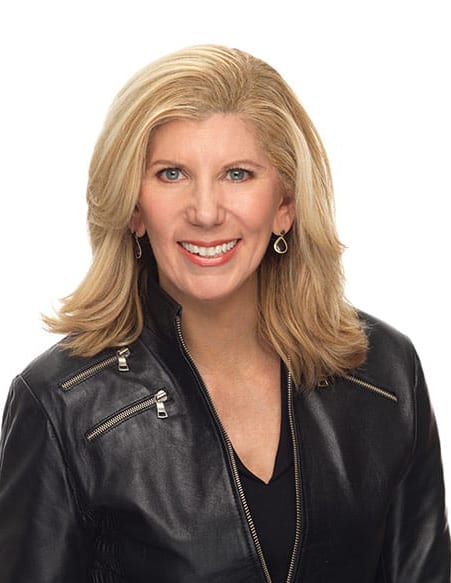For the last several years, I have asked our clients and Omnicom colleagues to share their thoughts on why the World Economic Forum’s Annual Meeting in Davos, Switzerland, matters to them, and what their biggest goals are for attending. We supported a number of important clients on the ground this year, so I asked a few of them to share a post-mortem on what their biggest takeaways were from the 49th annual event on the “Magic Mountain.”

This year marked my sixth trip to Davos, and my biggest takeaway was that it is both a great privilege and a great responsibility to be a part of it. It is incumbent on each of us who attend the Annual Meeting to approach it with a sense of purpose, to be a force for good, and then to take action to make a positive impact in our companies, in our communities and for the world at large.
So what learnings resonated with our clients and our parent company? Here are three key takeaways…
“Year after year, critics claim that the WEF is losing its relevance, and 2019 was no exception. Critics complain that Davos is becoming too big, too elitist, too U.S.-focused or too male, amongst other things. Whilst all of these points of criticism are valid, there is still no other event in this world that gathers such a concentrated crowd of leaders from governments, business, media and civil society from across the world. Over the last 50 years Professor Schwab has managed to keep WEF relevant by adapting his organisation to new realities and has continued to re-invent what WEF is – and this will certainly be his legacy. No UN General Assembly, no G20, G7, NATO or ASEAN Summits achieve the same level of dialogue – and that is why WEF should not be dismissed or ignored.
The importance of Davos is two-fold – whilst the official and formal part of the Annual Meeting is important, it is often the informal elements that actually matter more. Davos is all about the networking, and in times of increasing populism, nationalism, protectionism and loss of trust in established authorities, the type of exchange and conversations happening in Davos are becoming more relevant, not less. The most genuine and meaningful discussions are usually happening off-stage in an informal context, and this can lead to real change – both in government and in business.
What one gets out of Davos as a company depends entirely on how clearly one sets the objectives and on how thorough the preparation has been made. There are endless opportunities, and each company has its own Davos formula. Typically, reputation-building as an overarching objective translates into public and private speaking opportunities, government bilaterals, media interviews and business meetings. The mix will vary, but the opportunities in each category are huge in Davos.”
― Peter Lochbihler, Global Public Affairs Director, Booking.com
“In attending for the first time this year, I was excited about the sense of purpose and collaboration among world leaders from the business world, government and NGOs, which I hope continues after Davos. I was also impressed with the World Economic Forum’s Global Shaper community – a group of young visionaries driving real change in the world – who we can all learn from. The conversations I had with them and CEO delegates around purpose, sustainability and education in the context of the fourth industrial revolution fuels hope and inspiration for the future.”
― Karen van Bergen, CEO, Omnicom Public Relations Group
“As a first-time attendee to the World Economic Forum Annual Meeting, it was inspiring to see so many great minds from around the globe come together to tackle the most important issues impacting not just business but society as well. This year’s theme was ‘Globalization 4.0,’ and therefore, many discussions focused on the Fourth Industrial Revolution and how the world might respond to its implications on the job markets.
What I took away from many conversations, first and foremost, is the importance of relationships and discussion. From navigating the effects of disruptive technologies in industry, to impacting policy change on the global stage, what stood out to me most is the importance of human connection. It was inspiring to see business and governments leaders come together over a few days and be open about how to solve many challenges we have as a result of the Fourth Industrial Revolution. As a member-driven organization serving professional leaders who turn ideas into reality, we at PMI value relationships and what they can unlock as people in a variety of roles and across multiple sectors work to solve the most critical problems we have in front of us.”
― Murat Bicak, Senior Vice President, Strategy, Project Management Institute
Hearing from our clients – and from our parent company – about why WEF matters to them helps reinforce why Ketchum continues to embrace WEF and its values. Davos is a unique gathering place for decision-makers who are shaping the future of our society and our planet, and we continue to believe in the critical importance of taking part in these discussions. To learn more about my key learnings from Davos 2019, please tune in to the recording of our annual WEF webinar



